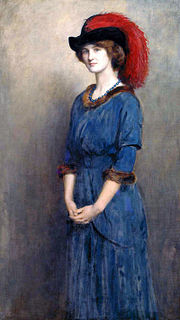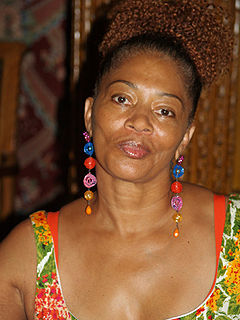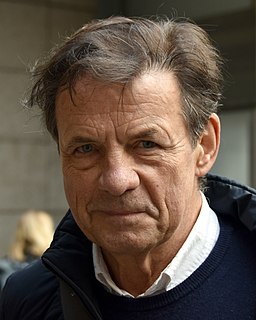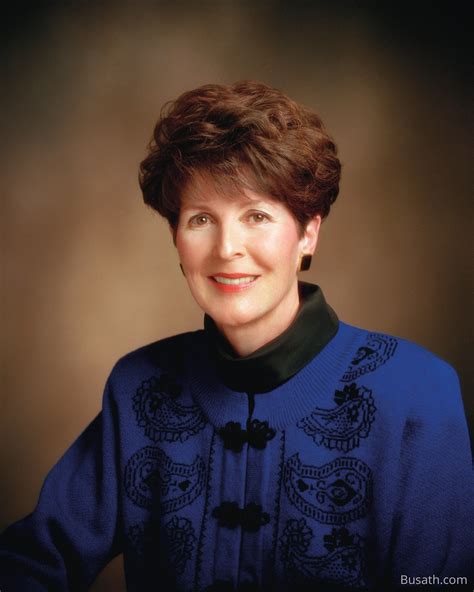A Quote by Angela Thirkell
It has been noticed that people who are not parents often have a peculiar fondness for children. This is sometimes attributed to a very beautiful nostalgia for a gift denied to them - dream-children, flowers that have only bloomed in imagination - but we think it is rather because they have not the faintest idea how dreadful children are.
Related Quotes
Children must be free to think in all directions irrespective of the peculiar ideas of parents who often seal their children's minds with preconceived prejudices and false concepts of past generations. Unless we are very careful, very careful indeed, and very conscientious, there is still great danger that our children may turn out to be the same kind of people we are.
One can tell a child everything, anything. I have often been struck by the fact that parents know their children so little. They should not conceal so much from them. How well even little children understand that their parents conceal things from them, because they consider them too young to understand! Children are capable of giving advice in the most important matters.
I know, you've been here a year, you think these people are normal. Well, they're not. WE'RE not. I look in the library, I call up books on my desk. Old ones, because they won't let us have anything new, but I've got a pretty good idea what children are, and we're not children. Children can lose sometimes, and nobody cares. Children aren't in armies, they aren't COMMANDERS, they don't rule over forty other kids, it's more than anybody can take and not get crazy.
My philosophy is that I am a friend of the children. I don't think anyone should see them as pitiable subjects or charity. That is old people's rhetoric. People often relate childish behaviour to stupidity or foolishness. This mindset needs to change. I want to level the playing field where I can learn from the children. Something I can learn from children is transparency. They are innocent, straightforward, and have no biases. I relate children to simplicity and I think that my friendship with children has a much deeper meaning than others.
The professor husband of a friend of mine has likened children to the insane. I often think of it. He says that children live on the edge of madness, that their behavior, apparently unmotivated, shares the same dream logic as crazy people's. I see what he means, and because I've learned to be patient with children, to tease out the logic that's always somewhere there, and irrefutable once explained.







































